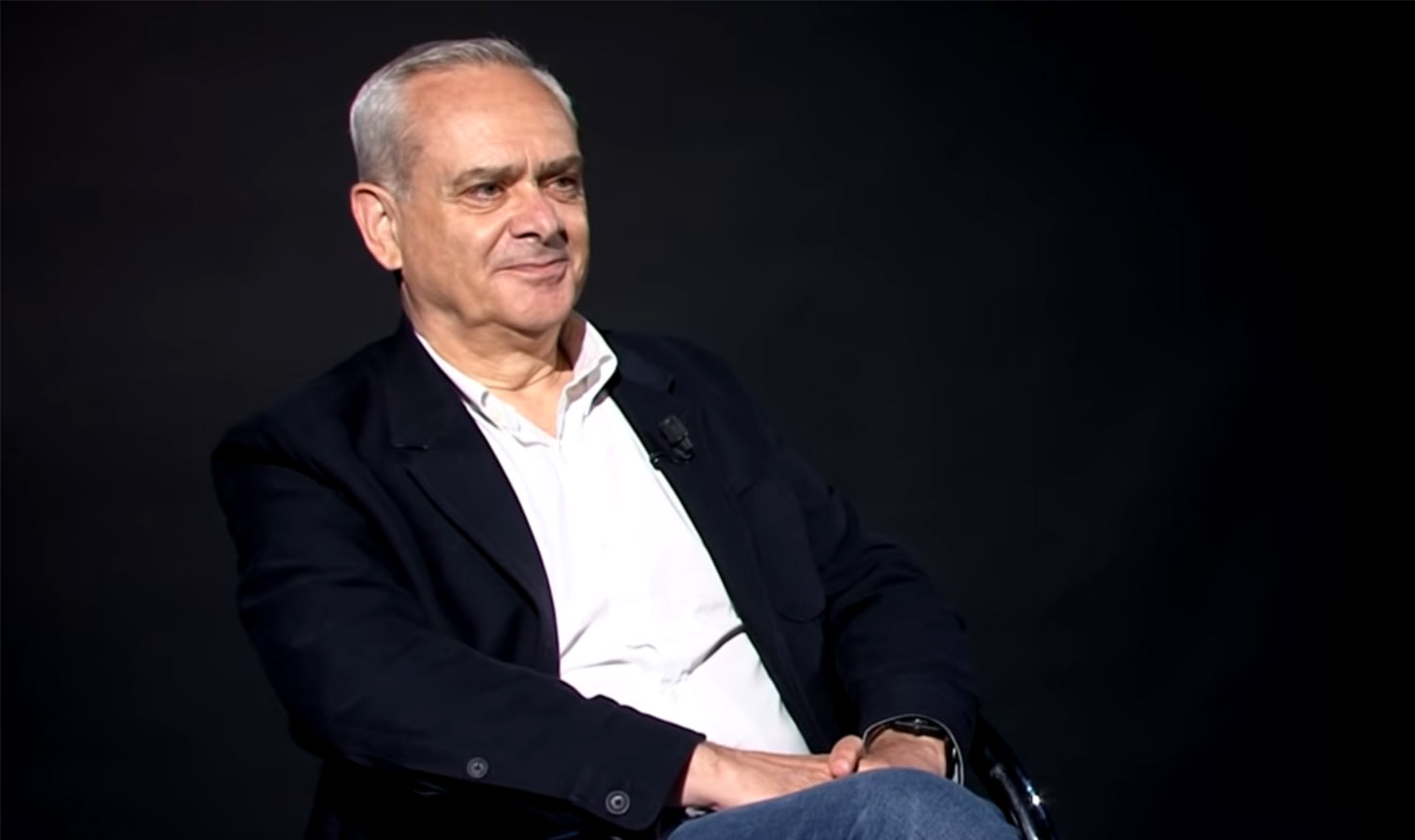By
Historical, political and economic background of the Ukraine war
Jacques Baud holds a master’s degree in Econometrics and a postgraduate degree in International Security from the Graduate Institute of International Relations in Geneva and was a Colonel in the Swiss Army. He worked for the Swiss Strategic Intelligence Service and was an advisor on the security of refugee camps in Eastern Zaire during the Rwandan war (UNHCR – Zaire/Congo, 1995-1996). He worked for the DPKO (Department of Peacekeeping Operations) of the United Nations in New York (1997-99), founded the International Centre for Humanitarian Demining in Geneva (CIGHD) and the Information Management System for Mine Action (IMSMA). He contributed to the introduction of the concept of intelligence in UN peace operations and headed the first integrated UN Joint Mission Analysis Centre (JMAC) in Sudan (2005-06). He was head of the Peace Policy and Doctrine Division of the UN Department of Peacekeeping Operations in New York (2009-11) and of the UN Expert Group on Security Sector Reform and the Rule of Law, worked in Nato and is the author of several books on intelligence, asymmetric warfare, terrorism and disinformation.
Mr Baud, you know the region where there is war now. What conclusions have you drawn from the last few days, and how could it have come to this?
Jacques Baud: I know the region we are talking about quite well. I was with the FDFA [Swiss Federal Department of Foreign Affairs] and on its behalf I was seconded to NATO for five years top lead the fight against the proliferation of small arms. I contributed to projects in Ukraine after 2014. In addition, I know Russia, NATO, Ukraine and the related environment very well due to my previous job in strategic intelligence. I speak Russian and have access to documents that few people in the West look at.
You are an expert on the situation in and around Ukraine. Your professional activity brought you to the current crisis region. How do you perceive what is happening?
It is crazy, we can even say there is a real hysteria. What strikes me, and what bothers me a lot, is that no one is asking the question why the Russians launched their operation. No one wants to advocate war, and certainly not me. But as the former head of “Policy and Doctrine” in the UN Department of Peacekeeping Operations in New York for two years, I always ask myself the question: How did we get to this point of starting a war?
What was your task there?
It was to understand how wars happen, what factors lead to peace, and what can be done to avoid casualties or how to prevent war. If you don’t understand how war happens, then you can’t find a solution. We are exactly in this situation. Every country is imposing its own sanctions against Russia, and we know very well that this is going nowhere. What particularly shocked me was the statement by the Minister of Economy in France that they want to destroy Russia’s economy with the aim of making the Russian people suffer. Such a statement is outrageous.
Russia’s goal of demilitarization and denazification
How do you assess the Russian offensive?
Attacking another State is against the principles of international law. But one should also consider the background of such a decision. First of all, it must be made clear that Putin is neither crazy nor has he lost touch with reality. He is a very methodical and systematic person, in other words, very Russian. I believe that he was aware of the consequences of his operation in Ukraine. He assessed – obviously rightly – that whether he carried out a “small” operation to protect the Donbas population or a “massive” operation in favour of the national interests of Russia and the Donbas population, the consequences would be the same. He then went for the maximum solution.
What do you see as his goal?
It is certainly not directed against the Ukrainian population. Putin has said that again and again. You can also see it in the facts. Russia is still supplying gas to Ukraine. The Russians have not stopped that. They have not shut down the internet. They haven’t destroyed the electricity plants and the water supply. Of course, such services may have stopped in fighting areas. But you see a very different approach from the Americans, for example, in former Yugoslavia, Iraq or even Libya. When Western countries attacked them, they first destroyed the electricity and water supply and the entire infrastructure…
READ FULL ARTICLE HERE…. (pressenza.com)
Home | Caravan to Midnight (zutalk.com)






